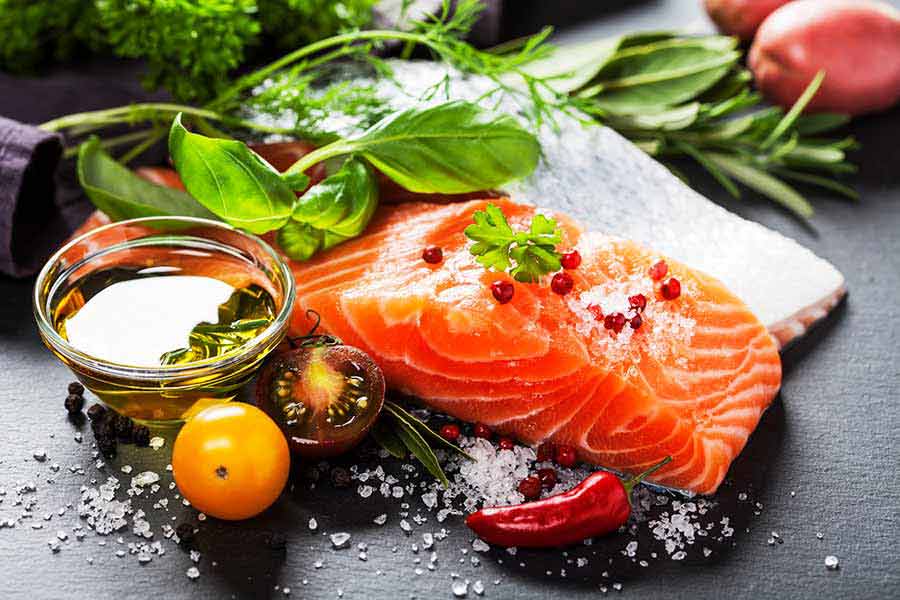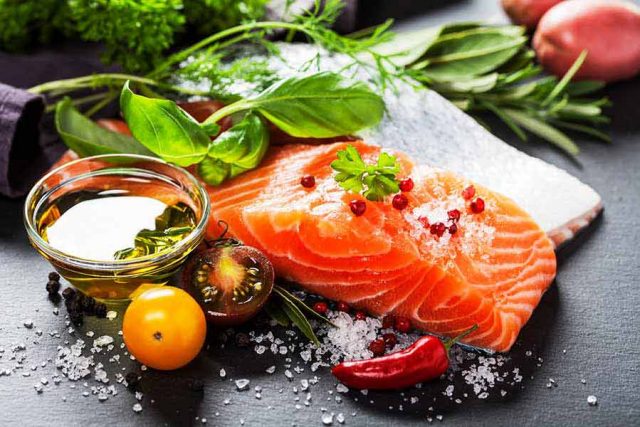
Like many conditions, diet and lifestyle play a huge part in the state of your body and your overall health with ulcerative colitis. By cutting out processed foods, amongst other unhealthy items, and increasing your intake of anti-inflammatory foods that come straight from nature, it is possible to help control your colitis, in combination with your prescription medication.
Keep in mind that everybody is unique. So, it is ultimately up to you to learn what is right for your body and alter your diet to suit your needs. If you are currently taking medication and want to reduce your dose, be sure to discuss your plan with your doctor and allow them to monitor your progress so you know for a fact that your diet changes are indeed improving your state of health before altering your medication. It is also good to note that the changes you make in your diet should not be thought of as a temporary solution.
Ulcerative colitis is an inflammatory condition thought to be caused by an overactive immune system, genetics or the environment. It is important to eat anti-inflammatory foods to help put your body back into an optimal state.
Incorporating the following foods into your life is not guaranteed to be your cure-all, as there are many other aspects to improving your condition. However, this is an excellent starting point for anyone who is serious about taking charge of their health. Be aware that the foods you eat during a flare-up compared to when you are not experiencing side effects will be different, as you must be gentler on your body when you have symptoms.
Vegetable Juices
While raw cruciferous vegetables can be rough on the digestive system when it is compromised by ulcerative colitis, cabbage and other vegetables have incredible anti-inflammatory properties that can work wonders. By using gentle cooking methods such as steaming, or making homemade juice, these can provide great relief.
- Green or red cabbage (if you can handle it)
- Celery
- Carrots
To spice up your juices, you can add ginger and turmeric root. Both contain nutrients which not only assist with your excessive inflammation but can help with any nausea you might experience. These are better taken fresh or dried, rather than in a concentrated supplement form.
Fermented Foods
Your gut is full of bacteria which help break down your foods and keep you healthy. In fact, itandrsquo;s possible that your food cravings actually come from the types of bacteria present in your system, so if youandrsquo;re craving soda and carbs you might be out of balance down there.
Consider adding fermented foods to your diet that are rich in probiotics such as sauerkraut, kimchi, miso and unsweetened/Greek yogurt. If you think you might have a sensitivity to dairy products, ask your doctor and your local farmer about raw, grass-fed dairy products, as these contain beneficial digestive enzymes.
Lean Protein
Lean sources of protein such as chicken, turkey and some cuts of beef that are labeled andldquo;leanandrdquo; can assist your body during or after an ulcerative colitis flareup. If you can, always opt for grass-fed. Meats higher in fat can cause issues in your digestive tract.
Fatty Fish
There are certain types of fish that can help reduce inflammation while providing you with a number of essential nutrients and minerals. These include salmon, mackerel and sardines. There is a reason Grandma used to talk about cod liver oil! It is packed with omega-3s along with vitamin D and A.
The body needs to have a healthy balance of omega-3 and omega-6 fatty acids, and many foods people eat today tend to have too many omega-6s and not nearly enough omega-3s. While omega-6s are also essential, not having enough 3s might be a major contributing factor to a number of chronic diseases. Ensuring your body is getting enough will not only reduce inflammation, it can also:
- Help manage a healthy weight
- Improve mental health and reduce chances of developing dementia
- Promote healthy bones
For those who cannot access a lot of fish, there are other plant-based foods which are also a good source of omega 3s including flax seeds, chia seeds and walnuts. Foods such as pasture-raised eggs and products from grass-fed animals also provide a decent amount of omega-3s.
Licorice
While licorice can be a strong herb for some individuals and should be taken with your doctorandrsquo;s go-ahead, taking it in a tea form has been known to help some people reduce inflammation, especially with conditions such as stomach ulcers.
While dealing with ulcerative colitis can be overwhelming, learning about your body and discovering the best foods for you can be satisfying and empowering. Consult with a doctor who is knowledgeable about nutrition and is willing to work with you to develop a meal plan that has the potential to make you feel better than you ever have.
Did you find this article helpful? Join us at HealingWell for support and information about Ulcerative Colitis. Connect and share with others like you.




